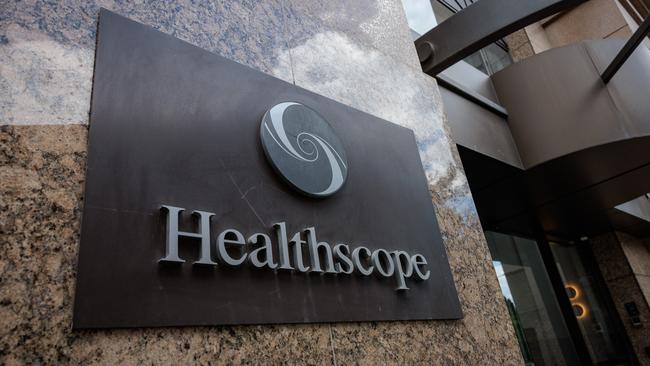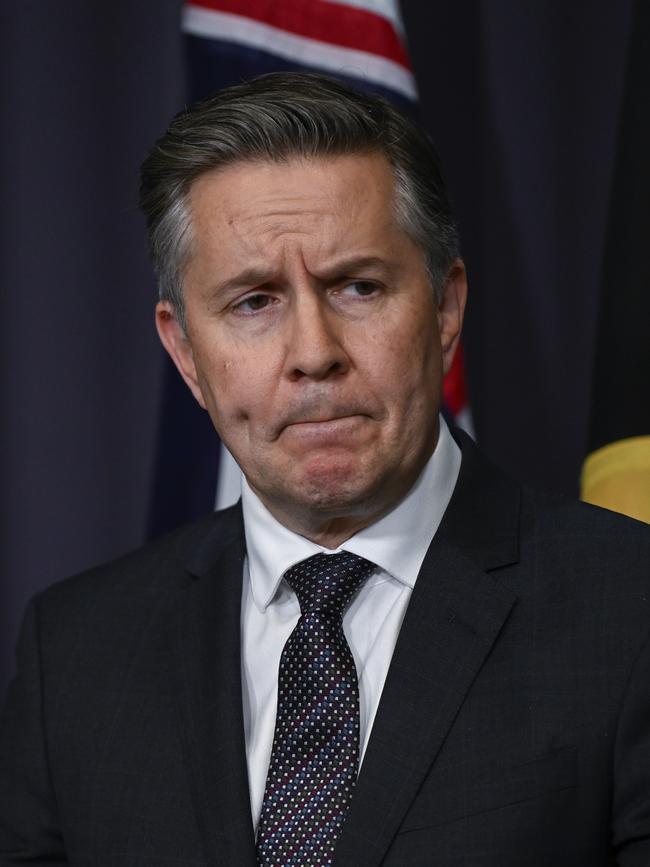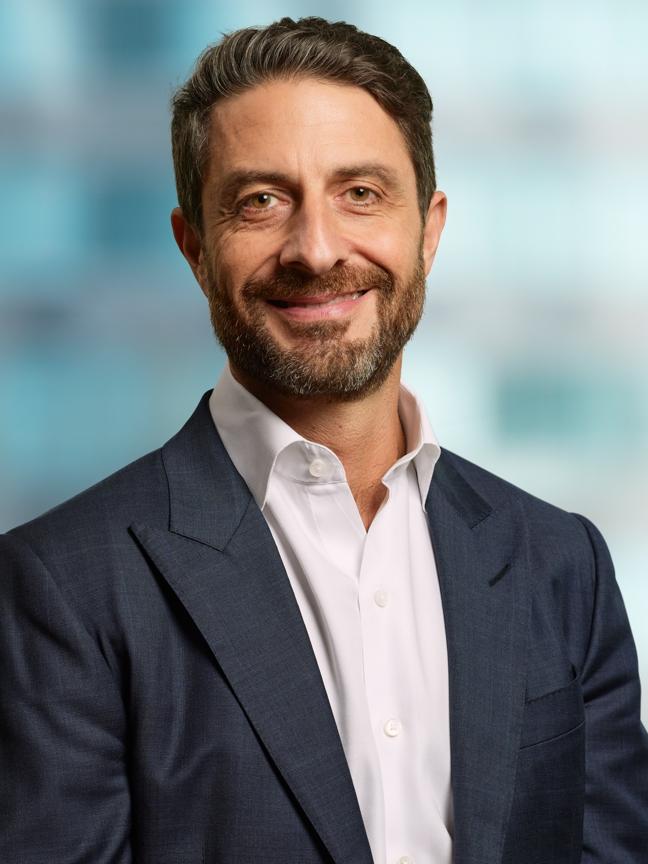
Although Healthscope has plenty of cash in the bank for now, the sales process won’t be as simple as it sounds.
Canada’s Brookfield is one of the world’s biggest asset managers, with $US1 trillion ($1.6 trillion) under administration, yet it miscalculated how much debt it could load into a business facing some major structural challenges. Now receivers McGrathNicol will speak to as many as a dozen potential buyers with an eye to having a firm bid in place by August – without Healthscope’s crushing $1.4bn debt.
Still, the biggest hurdle will be any buyer will need to secure a new and more affordable rental agreement with hospital landlords, including HMC Capital’s David Di Pilla. At the same time, offshore bankers and hedge funds will be in the driver’s seat during the process, with Australian lenders the minority partners and along for the ride on the talks. Each lender will be looking for the highest return as possible on the debt that last changed hands at less than 40c in the dollar.

That makes the job of Keith Crawford, the McGrathNicol partner, overseeing the process that little bit harder. He wants to sell the business intact, but a carve-up can’t be ruled out.
This will be a major source of uncertainty for 19,000 staff in coming months, including nurses, and thousands of patients who have surgery booked.
Brookfield and its associated funds rightly have to wear the loss on Healthscope simply because at $4.4bn, they overpaid.
At the time, Brookfield also made the wrong call to go for the more aggressive sell-off of all of Healthscope’s 37 hospitals to partly fund its own acquisition. Then, with so much debt sitting on the balance sheet and very few assets, Healthscope was woefully underprepared for the Covid crisis and inflation bubble to come.
This episode will taint Brookfield’s credibility when it comes knocking again as a potential buyer for other strategic or sensitive assets. Two years ago it made a run for Origin, but thankfully that bid fell at the last hurdle.
Healthscope’s collapse has also delivered some remarkable disciple from the second Albanese government.
In pre-election mode when the Whyalla steelworks was put into administration by the South Australian government, promises of support from the PM and hundreds of millions of dollars flowed. Ten months on from the collapse of Rex, the regional airline remains in public hands, with no end date to its administration.
Yet even with thousands still facing surgery, Health Minister Mark Butler declined to even hint that support was available to Healthscope even as a last option. There’s good reason, the private health sector is so challenged and the implication is if Canberra becomes the backstop for one player, they will all come running.
Then there’s the dangerously stretched public health system, which is battling the same cost blowouts as the private sector, and Canberra can’t manage to find a funding solution.
Matt Comyn’s Commonwealth Bank has heeded this message and offered $100m in debt funding as goodwill to keep the lights on and the hospitals open. Chances are this will be recovered from a new owner.

Healthscope chief executive Tino La Spina, the former Qantas and one time Boral finance boss, is confident there is a strong prospect for a sale without the need to shut any hospitals or radically change Healthscope’s direction.
La Spina took charge three months ago, and acknowledges Healthscope’s two big issues – too much debt and costly rent – are the company’s own making and can be sorted out through the tough medicine of receivership.
If it can navigate those two, then Healthscope can work on improving its business to tackle broader structural challenges around funding (including mending fences with health insurers).
“I strongly believe Healthscope is the most efficient operator of hospitals, and given that it’s the most efficient operator in the country, once it’s leverage and its rent are addressed, all of its hospitals can absolutely be profitable moving forward. I don’t see foreclosure,” La Spina tells The Australian. He firmly believes there’s strong turnaround prospects, even with all the challenges of health funding. If a sale goes to plan, this should provide some comfort for staff and patients.
With luck, Healthscope will be sold to a new long-term owner, and Brookfield is nowhere near it.




The Albanese government has put Healthscope’s banks and other backers on notice its collapse is a private sector problem, and therefore a rapid private sector solution is expected for the rescue of Australia’s second-largest private hospital operator. Healthscope has been in receivership in all but name since the start of the month, when owner Brookfield handed back the keys to the health network after it entered into an aggressive bidding war to secure the business five years ago.